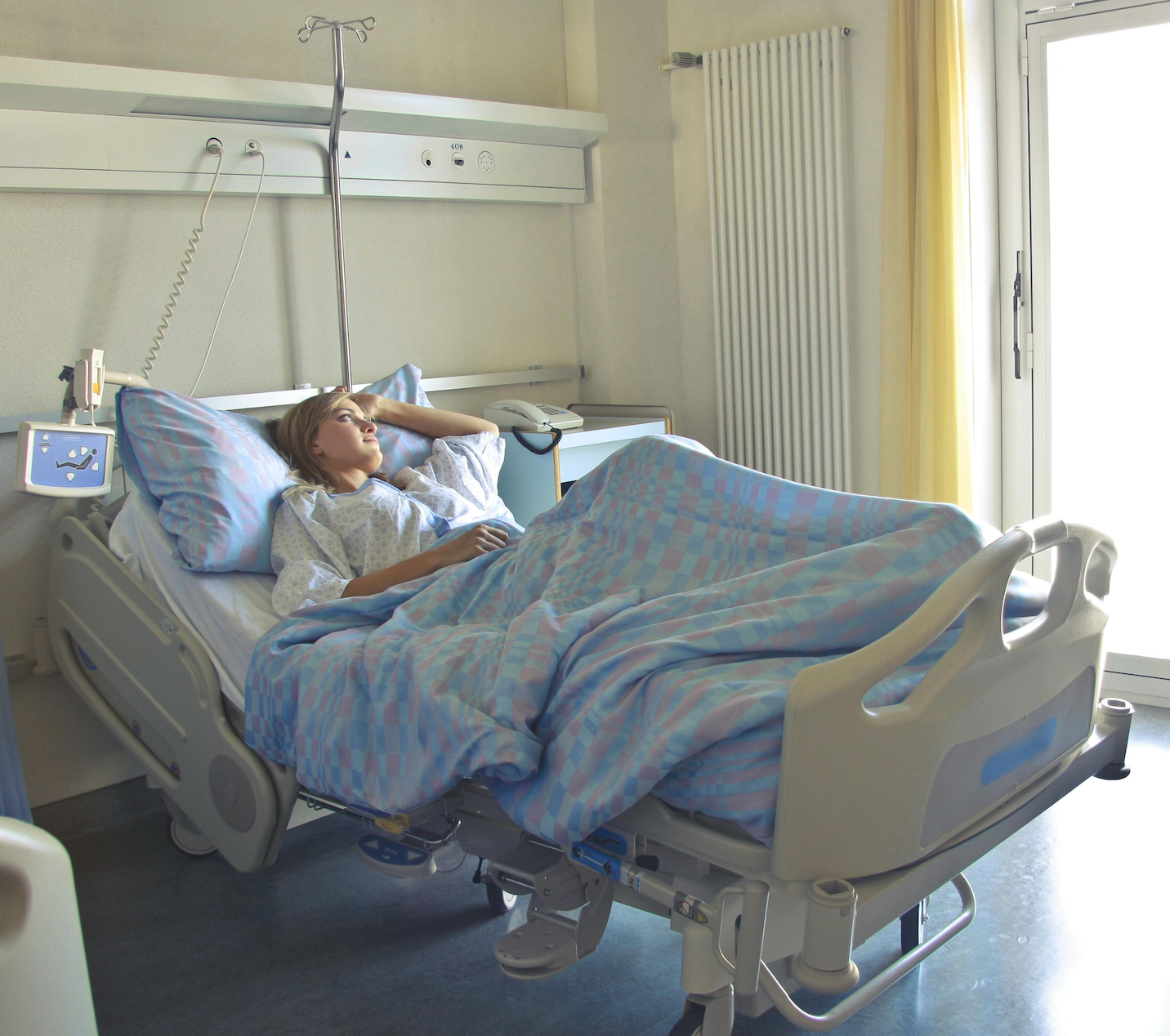HCV Recurrence Unlikely Post-Renal Transplant After DAA Treatment Response
Results showed 95.8% of patients who were treated for HCV with DAA therapy and underwent renal transplantation did not experience HCV recurrence.
Credit: Pexels

Findings from a recent study suggest hepatitis C virus (HCV) recurrence is unlikely in renal transplant recipients who achieved end-of-treatment response with direct-acting antiviral (DAA) therapy prior to transplantation.1
Among a cohort of nearly 50 patients who were treated for HCV with DAA agents and underwent renal transplant, 95.8% did not experience HCV recurrence, suggesting patients who achieve end-of-treatment response during dialysis can undergo renal transplant with minimal risk of reinfection.1
The World Health Organization estimates there are 58 million global cases of chronic HCV infection, with about 1.5 million new infections occurring each year. Although DAAs can effectively cure more than 95% of people with hepatitis C infection, their use in patients undergoing renal transplant has not been extensively studied, and little is known about HCV recurrence in renal transplant recipients who had previously achieved treatment response prior to transplantation.1,2
“Although sustained virological response is considered as the virological cure, it requires patients to be to be on dialysis for a longer duration (namely, 3-6 months) before renal transplant, thus increasing risk of breakthrough relapse and de novo HCV infection and associated complications,” wrote Farina Muhammad Hanif, MBBS, assistant professor at Sindh Institute of Urology and Transplantation in Pakistan, and colleagues.1
To assess HCV recurrence in renal transplant recipients who had achieved end-of-treatment response before transplant, investigators enrolled patients 18 - 50 years of age who were treated with DAA agents prior to transplantation and had an HCV polymerase chain reaction (PCR) test 3 months after their renal transplant. Over 1.5 years, 432 patients underwent renal transplantation, of which 48 were previously treated for HCV with DAAs and were thus included in the study.1
Among the cohort, most patients were male (81.1%) with a mean age of 28.7 ± 9.4 years. Investigators collected information about the DAAs used by patients during dialysis from their medical records. Investigators also obtained data on patients’ rapid viral response, defined as HCV not detected with PCR after 1 month of DAA treatment, and end-of-treatment response, defined as no detection of HCV on PCR after the end of treatment.1
Investigators noted 5% of patients did not achieve rapid viral response and were thus treated with 6 months of DAAs. All patients achieved an end-of-treatment response and were subsequently referred for a transplant.1
All patients in the study received sofosbuvir, daclatasvir, and ribavirin combination before transplant. Most patients (70%) received treatment for 3 months.1
Prior to renal transplant, the mean total bilirubin was 0.77 (Standard deviation [SD], 0.98) mg/dL, mean alanine aminotransferase was 18 (SD, 11.8) IU/mL, and mean hemoglobin was 9.21 (SD, 7) g/dL. Posttransplant, these figures increased to 1.0 (SD, 1.1) mg/dL, 42.4 (SD, 17.3) IU/mL, and 11.6 (SD, 2.77) g/dL, respectively.1
The PCR test for HCV was conducted after a mean of 8.3 ± 3.3 months posttransplant. Transplant recipients with detectable HCV PCR were considered to have HCV recurrence, which was observed among 2 patients. Investigators noted both recipients died, 1 with graft failure and 1 with cryptococcal meningitis.1
“To our knowledge, this is the first study to document excellent response of DAAs in renal transplant recipients who have been referred early for transplant. Thus, dialysis patients can undergo transplant after achieving ETR,” investigators concluded.1
References:
- Hanif FM, Devi A, Majid Z, et al. Recurrence Rate of Early Hepatitis C Virus Infection After Renal Transplantation Following Successful Treatment of Patients on Dialysis With Direct-Acting Antiviral Agents. Exp Clin Transplant. 2024;22(Suppl 1):173-175. doi:10.6002/ect.MESOT2023.P6
- World Health Organization. Hepatitis C. Newsroom. July 18, 2023. Accessed February 27, 2024. https://www.who.int/news-room/fact-sheets/detail/hepatitis-c